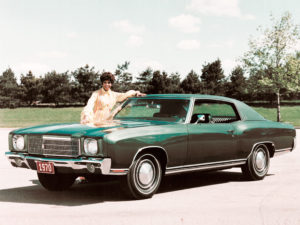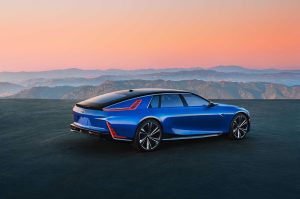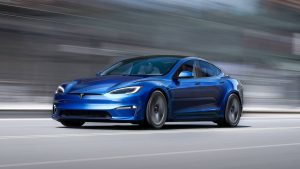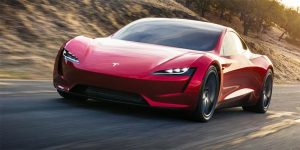If you’ve been keeping up with the news, it’d be easy to start believing that you won’t be able to buy a gas vehicle in a few years. States are planning bans on new gas vehicle sales, and automakers are planning to shift production to electric, so the writing is on the wall. Even if you’re in favor of electric vehicles taking over the market, the prospect of giving up gas can be frightening for many. Range anxiety and the general lack of EV infrastructure in many areas make electrics uncertain for many people.

That’s where plug-in hybrids come into play. A PHEV gives you the best of both worlds if you’re curious about EVs but afraid of being stuck without a charge. We spent a week testing the new Hyundai Tucson Plug-In Hybrid and came away from the experience with enthusiasm for our electric future. Let’s dive in.
The Hyundai Tucson Plug-in Hybrid returns an all-electric range of 33 miles. For many people, that could mean extended periods without stopping for fuel. Plug-in hybrid powertrains offer a limited electric range and then function like a traditional hybrid system when the range is exhausted. People with short commutes can often stay within the electric range of their vehicles and avoid fuel, but the gas engine is there for added security and to enable longer road trips. The Tucson can recover its range in less than two hours using a Level 2 charger or around eight hours on a household power outlet.

Efficiency doesn’t come at the expense of power and capability, though the Tucson PHEV shouldn’t be viewed as a sporty SUV. It pairs a turbocharged 1.6-liter four-cylinder engine with an electric motor for a. combined system output of 261 horsepower and 258 pound-feet of torque. All-wheel drive is standard, and the PHEV uses a six-speed automatic transmission instead of a continuously variable transmission. The handoff between gas and electric powertrain components is nearly seamless, and the SUV delivers smooth acceleration with little noise or drama.
Hyundai is generous with tech in all its vehicles, and the Tucson PHEV is no exception. It comes standard with a 10.25-inch digital gauge cluster and a 10.25-inch infotainment touchscreen that offers navigation and real-time traffic information. Hyundai equips a Bose premium audio system with eight speakers, and all models come with Apple CarPlay and Android Auto. Other features include SiriusXM radio, HD radio, and USB inputs for both rows of seating. Hyundai’s infotainment interface is intuitive and straightforward, making interacting with the vehicle an almost stress-free affair. It’s not as flashy as others, but that helps make it easy to use when driving and less distracting. One downer here is that the SUV only offers USB-A, not USB-C, so you’ll need to dig up old cords for your phone if you’ve switched to the newer format.

Safety equipment is also generous, and includes forward collision avoidance assist with pedestrian and cyclist detection, blind spot monitoring, rear cross-traffic alerts, driver attention warnings, lane keep assist, speed limit assist, and a rear occupant warning system. Our Limited trim tester added reverse parking collision avoidance, parking sensors, a surround-view monitor, and a blind view monitor system that offers a blind spot camera view when the driver activates a turn signal. That equipment and the Tucson’s sturdy body structure helped it earn a 2022 Top Safety Pick + from the Insurance Institute for Highway Safety.
The Tucson PHEV brings plenty of value, which is a common theme for Hyundai and Kia vehicles. Our Tucson PHEV Limited had a starting MSRP of $43,200, but after a few hundred dollars in options and a $1,295 destination charge, the final price came to $44,995. That’s less than you’d pay for a Toyota RAV4 Prime with similar equipment. Its price extends close to $50,000 when fully loaded. Neither Honda nor Nissan offers a PHEV in the segment, so the Tucson’s closest rival is its corporate sibling, the Kia Sportage PHEV. It’s mechanically identical and is priced similarly, so the choice comes down to styling and brand name.








